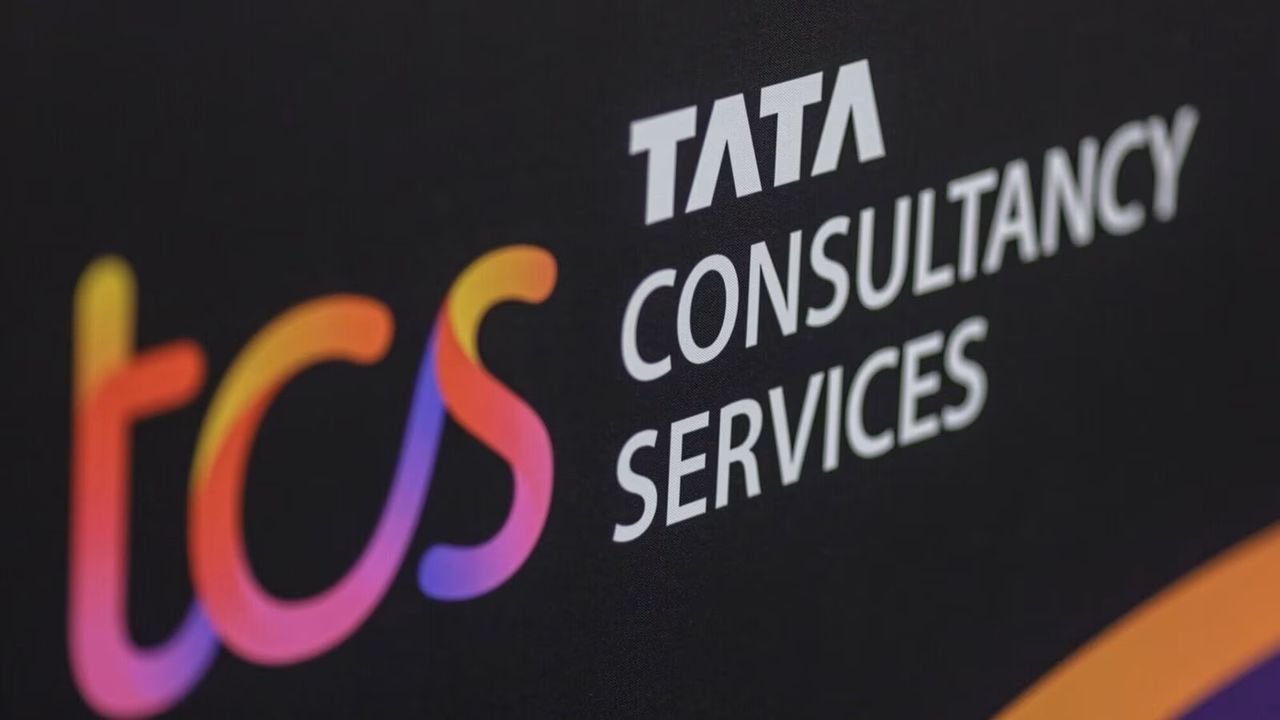Leading the way towards a more environmentally friendly future: Biotechnology advancements emphasizing sustainability

In the pursuit of a more sustainable future, biotechnology leads the way in innovation. Biotech pioneers are using biological systems and organisms to create innovative solutions for urgent environmental issues. This blog delves into the newest sustainable biotech advancements and how they could transform different sectors.
One area where biotech innovation has a major effect is in the field of agriculture. Sustainable farming practices are essential due to the projected global population of nearly 10 billion by 2050. Biotechnological innovations like genetically modified crops provide increased crop yields and pest and disease resistance, leading to decreased reliance on dangerous pesticides. Furthermore, advancements in soil microbiome technology are improving soil health and nutrient accessibility, promoting the adoption of sustainable farming methods.
Renewable Energy: Fueling the Environmental Movement
The energy industry is going through a change as a result of advancements in biotechnology. Biofuels made from algae and other microorganisms offer a sustainable option to fossil fuels. These biofuels could greatly decrease carbon emissions and reliance on non-renewable energy sources. Additionally, progress in enzyme technology is enhancing the effectiveness of biofuel production, rendering it a more feasible and enduring choice for tomorrow.
Managing waste: Turning garbage into valuable resources
Biotechnology is also crucially involved in waste management and recycling. Cutting-edge ideas like plant-based biodegradable plastics are aiding in decreasing the environmental harm caused by plastic waste. Furthermore, biotechnology firms are working on microbial innovations to convert waste materials, such as plastics and organic substances, into beneficial products like biofertilizers and biogas. These developments not only reduce waste but also encourage a circular economy.
Healthcare: Long-lasting Solutions for a Sustainable Planet
The healthcare sector is profiting from biotechnology advancements focused on sustainability. Biopharmaceuticals, made with living cells, present a greener option compared to conventional chemical synthesis. These biopharmaceuticals offer both reduced environmental impact and more precise treatments with fewer side effects. Additionally, progress in synthetic biology is allowing for the creation of affordable and eco-friendly vaccines and treatments, which are aiding in promoting worldwide health and environmental conservation.
Preservation of the Environment: Safeguarding Our Earth
Biotechnological advancements play a vital role in attempts to preserve and rejuvenate natural ecosystems. Genetic engineering methods are being employed to bring back endangered species and enhance biodiversity. For example, researchers are focusing on creating types of coral that can resist diseases to safeguard and repair coral reefs. Furthermore, biotechnology solutions are being utilized to remediate environmental pollutants by employing bioremediation techniques that involve the use of microorganisms to detoxify polluted areas.
Biotechnological advancements emphasizing sustainability are leading the path toward a more environmentally friendly and sustainable tomorrow. These advances offer hope for changing industries and tackling critical environmental issues across agriculture, energy, waste management, and healthcare. As we progress in unlocking the possibilities of biotechnology, we edge nearer to a future where economic development and environmental conservation are intertwined.
The combination of biotechnology and sustainability provides a ray of hope for tackling worldwide environmental problems. By accepting these new ideas, we can build a future that meets current needs while also protecting the planet for future generations. Whether you work in the industry or care about the environment, the advancements in sustainable biotechnology are crucial and motivating for our shared future.
What's Your Reaction?

















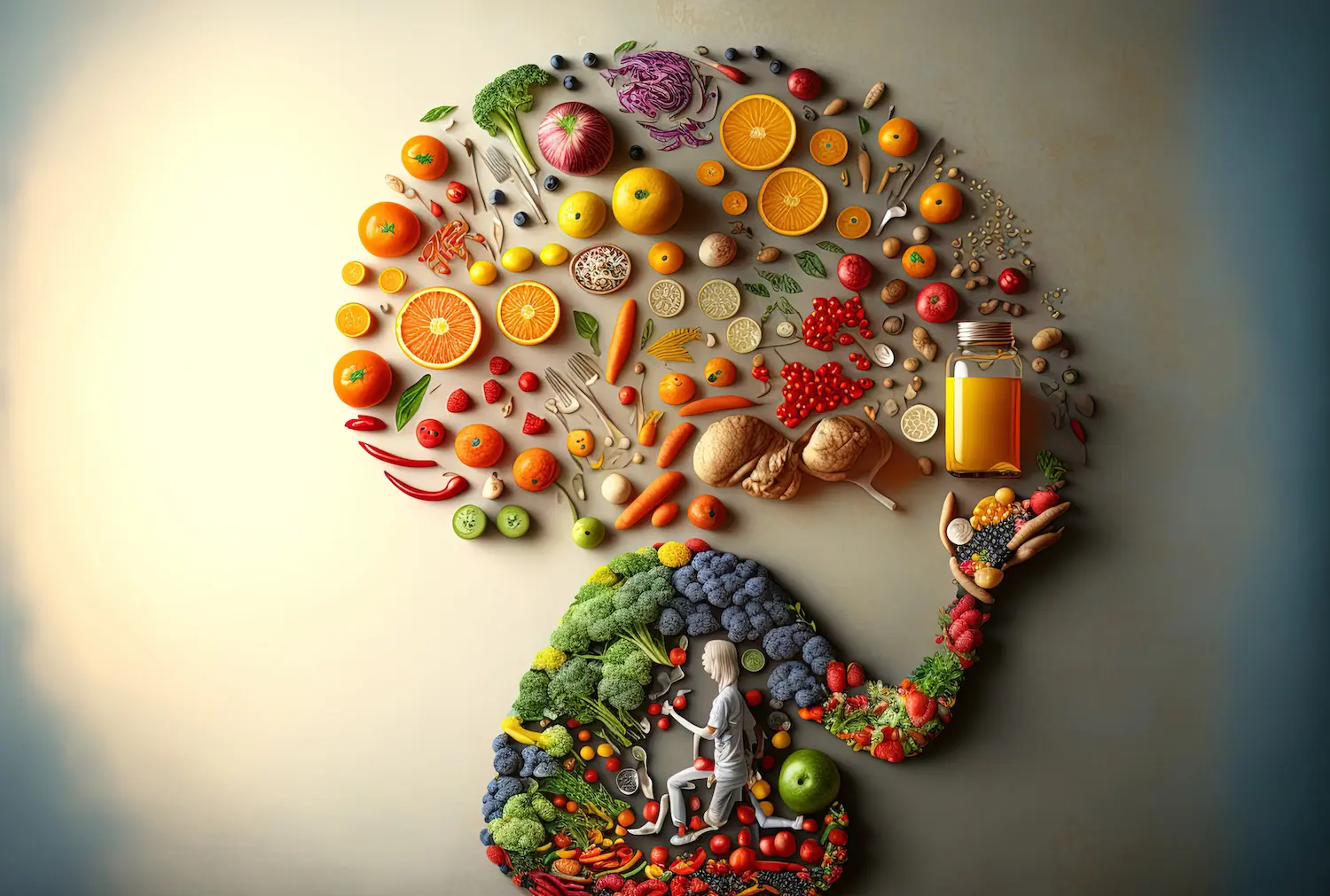








:max_bytes(150000):strip_icc()/GettyImages-80487462-59833fb6d088c000112fcc2c.jpg)





/https://tf-cmsv2-smithsonianmag-media.s3.amazonaws.com/filer/b6/30/b630b48b-7344-4661-9264-186b70531bdc/istock-478831658.jpg)






)











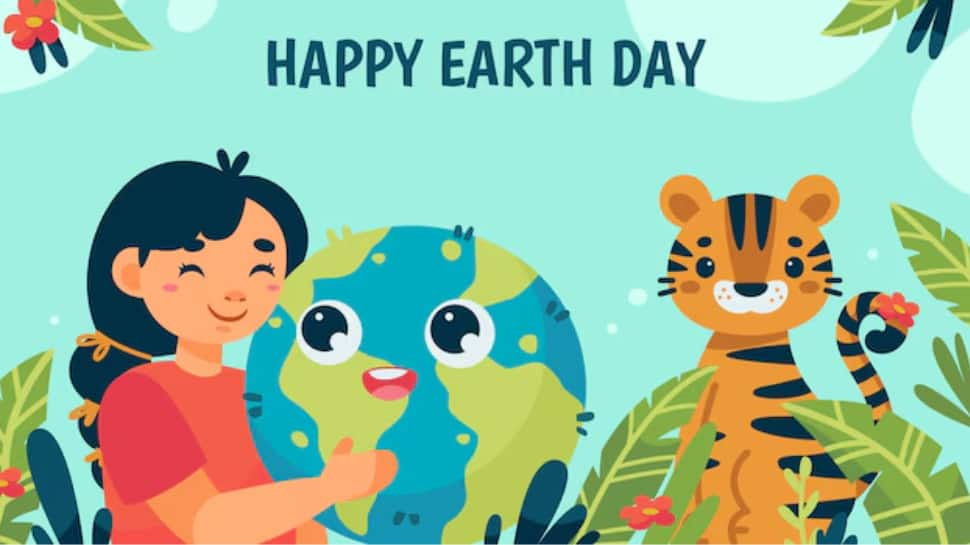











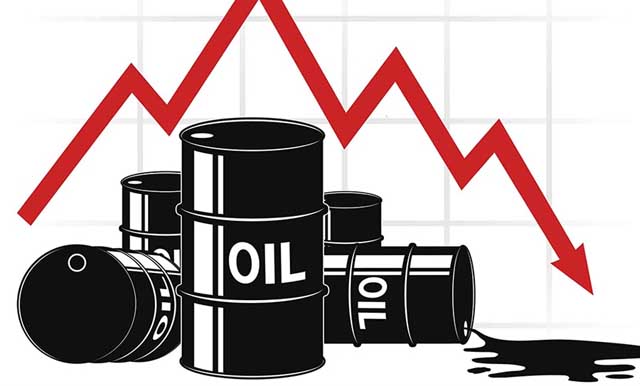


:max_bytes(150000):strip_icc()/GettyImages-173607153-3eb9caf873014f9ab2e3c11cf071d2c9.jpg)

















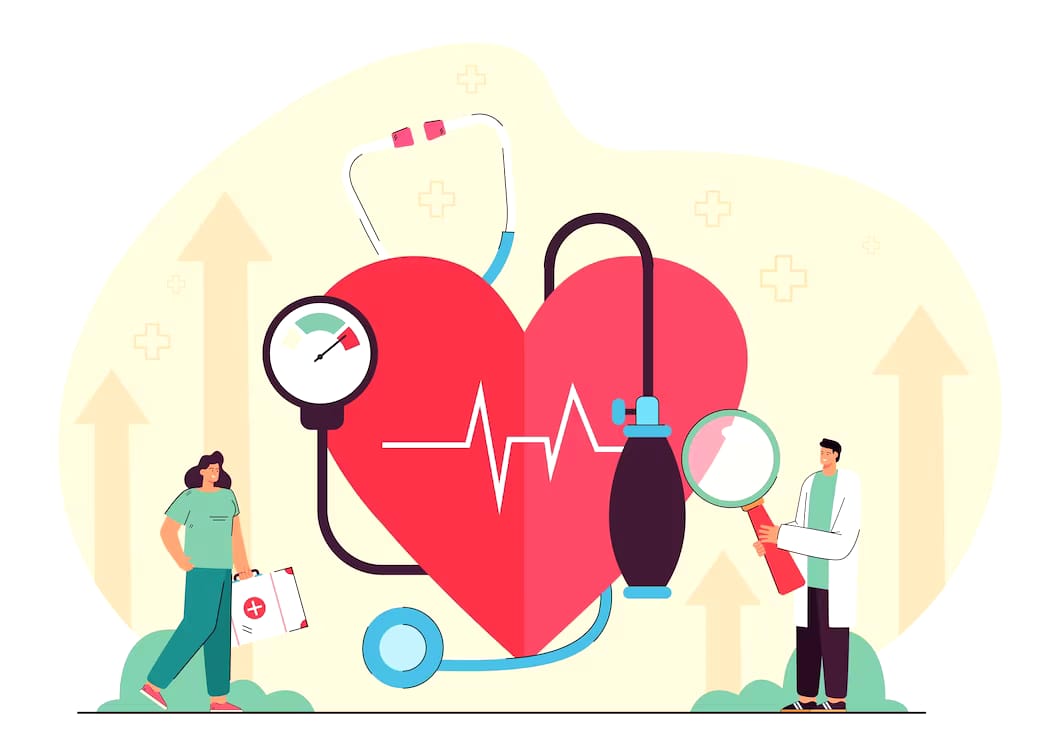

)

